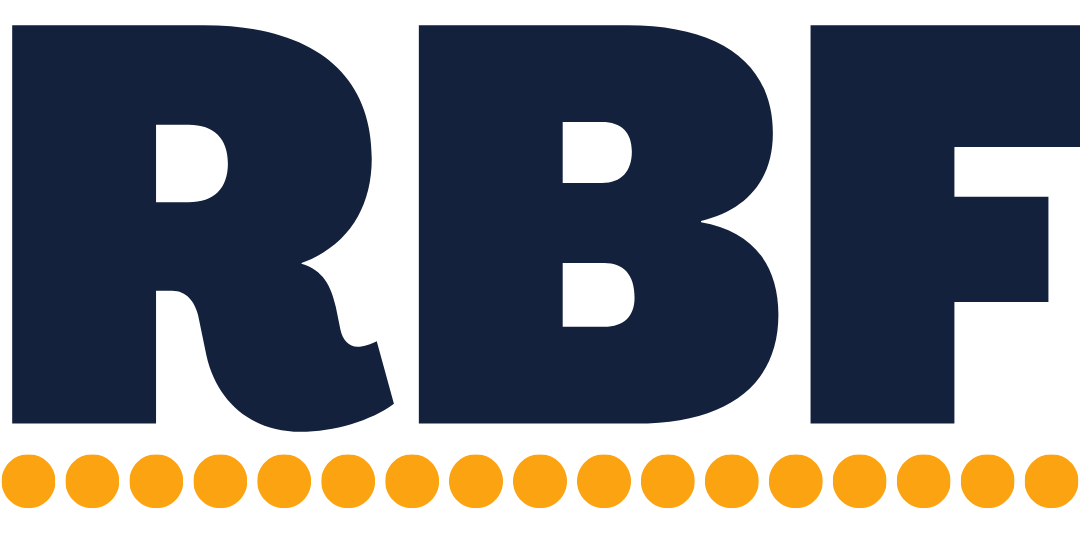Find missing money in your business with mini financial audits
Hey, I’m Michael Eckstein 👋, and this is ‘Ordinary & Necessary’, a weekly newsletter about the boring business topics that don’t get enough traction on the web, but will help you manage and grow your business. You signed up on my website. If you’d like to unsubscribe, just click the link at the bottom of this email. No harm, no foul, I’d love to have you back sometime.
Audits get a bad rap. Everyone’s mind immediately jumps to tax audits, angry IRS auditors, and big bills. But, those aren’t the only kind of audits. There are also financial audits, energy audits, operations audits, quality audits, and so on. You can audit just about anything in a business. And, you should. Informal mini-audits can help you find problems in your business and missing money.
The key to a good mini-audit is a “trust, but verify” mindset. This is your business afterall and we’re going to assume everything is kosher. But, we want to make sure nothing has slipped between the cracks or, if you’re outsourcing part of your finances, that a third party hasn’t done anything wrong. Next, we need to have a main document that we’re verifying and supporting documents that provide proof because, you want to verify that the correct amount of money is moving around. Then, if something is wrong, take steps to fix it.
A few accounts to mini-audit:
Payroll – Make sure that the correct amount of payroll is being paid out. Payroll fraud (eg, inflated hours, edited pay rates) happens. Review who is being paid, how much they’re being paid, and for how many hours they’re being paid. After you’ve verified those figures in your payroll software or with your payroll provider, verify the correct amount is being withdrawn from your bank account.
Payroll Tax – Make sure your payroll taxes are actually being remitted. Mistakes happen and, in rare occassions, your software or payroll provider may not make your tax deposits. First, you want to make sure the payroll taxes are actually being withdrawn from your bank account. Then, you want to make sure the deposits are actually being made. You can check your federal deposits by logging into EFTPS. Your state will have a similar portal. (And, yes, it is possible that the money was withdrawn but not deposited.)
Accounts Receiveable (aka invoices you sent out) – Make sure you’ve a) invoiced for all your completed work and client projects, b) followed up on outstanding invoices, and c) deposited all your received payments. Compare your project/task/client management records to your invoice records. Then, go through your outstanding invoices and check your communication history with those clients. Lastly, make sure the payment total on your invoice dashboard matches your bank deposit history.
Accounts Payable (aka bills you’ve paid) – Make sure a) your payments match your received bills and b) that all your payments were made to companies you’ve done business with (as opposed to fake, dummy companies). Compare your received bills to the payments you’ve send out. Then, review all your payments to make sure they’re going to the correct companies (if you’re outsourcing bill pay, you should still review the payments themselves, even if the bills are correct).
Anything you outsource – Let’s call it what it is, some people are shit and will try to take advantage of you. If you’ve outsourced control over any part of your finances, you should regularly review it. Review their work and compare their records to your own.
Action Item: Pick an account and mini-audit it.
- If you’re solo, I suggest starting with Accounts Receiveable.
- If you have employees, follow Accounts Receiveable with Payroll.
- If you’re outsourcing payroll or bill pay, follow up with payroll tax and Accounts Payable.
Have a great weekend and stay safe!
Michael Eckstein
